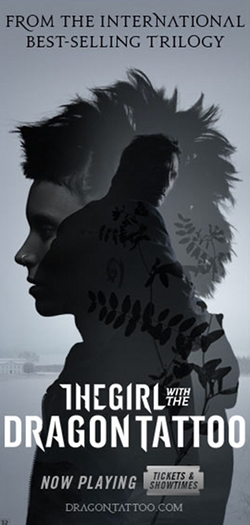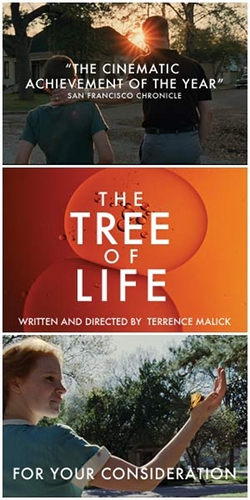Review: The Rum Diary (2011)
During the mid-1900s, America saw both heavy opposition and great opportunity in its territory, Puerto Rico. Young American businessmen and professionals saw the country as an untapped paradise just waiting to be squeezed for every last dollar. This gross attitude of entitlement, among many other things, caused serious pushback from the Puerto Rican people. While Americans were living the fast life, Puerto Ricans were struggling to have their own identity and profit off of what was actually theirs.
The Rum Diary, adapted for the screen and directed by Bruce Robinson, takes place dead in the middle of that controversy. Set in the 1950s, the film follows New York journalist Paul Kemp, portrayed by Johnny Depp, as he fumbles through two conflicting worlds while indulging in rum and creating love triangles.
Kemp shows up in Puerto Rico to write for the failing San Juan Star, edited by Edward J. Lotterman (Richard Jenkins), who has had it with drunks for journalists (as played by Giovanni Ribisi) and fighting the bureaucrats for good stories to print. The paper has dissolved into helpless disarray, printing fluff piece after fluff piece. Kemp meets the charming Mr. Sanderson (Aaron Eckhart), a wildly successful American businessman, and his lovely lady Chenault (Amber Heard). Kemp is offered money, security and a life of luxury to write for Sanderson’s business exploits. While this seems like a dream job, Kemp soon finds that there is a price to pay, and he must choose a side.
The Rum Diary touches on some profound subject matter, yet it is so strewn about that it’s hard to get a grip on the message of the film. The loss of focus on the story leads to a loss of focus in the viewers. While the impressive cast all deliver exactly what we expect from them (excellence), we still don’t understand what significance each character brings, or what their role truly is.
The film is based on a novel of the same name by renowned American author and journalist Hunter S. Thompson. While the film is a decent stand-alone piece, it is pitiful when compared to the novel. There is none of the vibrant disorder that is normally featured in Thompson’s writing. It barely hints at the original major plot points, and it hardly scrapes the surface of the novel’s focus. The two don’t even share similar themes.
Bruce Robinson is best known for writing the screenplay for the 1984 The Killing Fields, for which he was nominated for an Oscar. The Rum Diary is his first directing credit in almost 20 years. The film is incomparable, for legitimate reasons, to the popular cult film Fear and Loathing in Las Vegas (1998), which is also based on Thompson’s work and stars Johnny Depp. Fear and Loathing makes use of disorienting visuals and plot to document the deafening chaos of the 1970s drug culture, while The Rum Diary follows a very traditional story arch that flirts with boring.
Thompson based the novel loosely off of his own experience living and working in San Juan as a young man. He focused primarily on the acts of fellow journalists in the city, driven by raging alcoholism and violent lust. The film takes more of a diplomatic point of view, with main character Paul Kemp being torn between the poverty-stricken Puerto Ricans and the American tycoons who exploit them and their land.
Kemp sides with his conscience and attempts to revive the deteriorating San Juan Star for one more issue, featuring a particularly eye-opening exposé. Unfortunately, the paper is shut down before they are able to go to print.
The film ends with Kemp taking his leave of San Juan with a fresh fire in his belly for bringing justice to all those in need of it through his writing. For Kemp, it is only the beginning. He experiences defining moments that would undoubtedly mold him as a great person, but you can’t help but wonder after watching the film, what moments were those, exactly? Why was the topic of alcohol so stressed? Does Kemp really care about the Puerto Ricans?
One may be frustrated by Kemp’s failure at justice in San Juan, but what was more important than printing scathing feature’s on the exploitative land developers in Puerto Rico was that Kemp left inspired to fight on. This film is, to an extent, an origin film.
The Rum Diary is a take-it-or-leave-it kind of film. With fantastic production quality and performances it’s worth a watch, but fans of Thompson’s work will not appreciate it.
-
http://articleblog.us/widespread-automotive-rental-questions-2.php control flota gps


















 Review: The Flowers of War (2011)
Review: The Flowers of War (2011) Review: Funny Games (2007)
Review: Funny Games (2007) Review: Osaka Elegy (1936)
Review: Osaka Elegy (1936) Review: Miss Bala (2011)
Review: Miss Bala (2011) Review: Hidden (2005)
Review: Hidden (2005)


